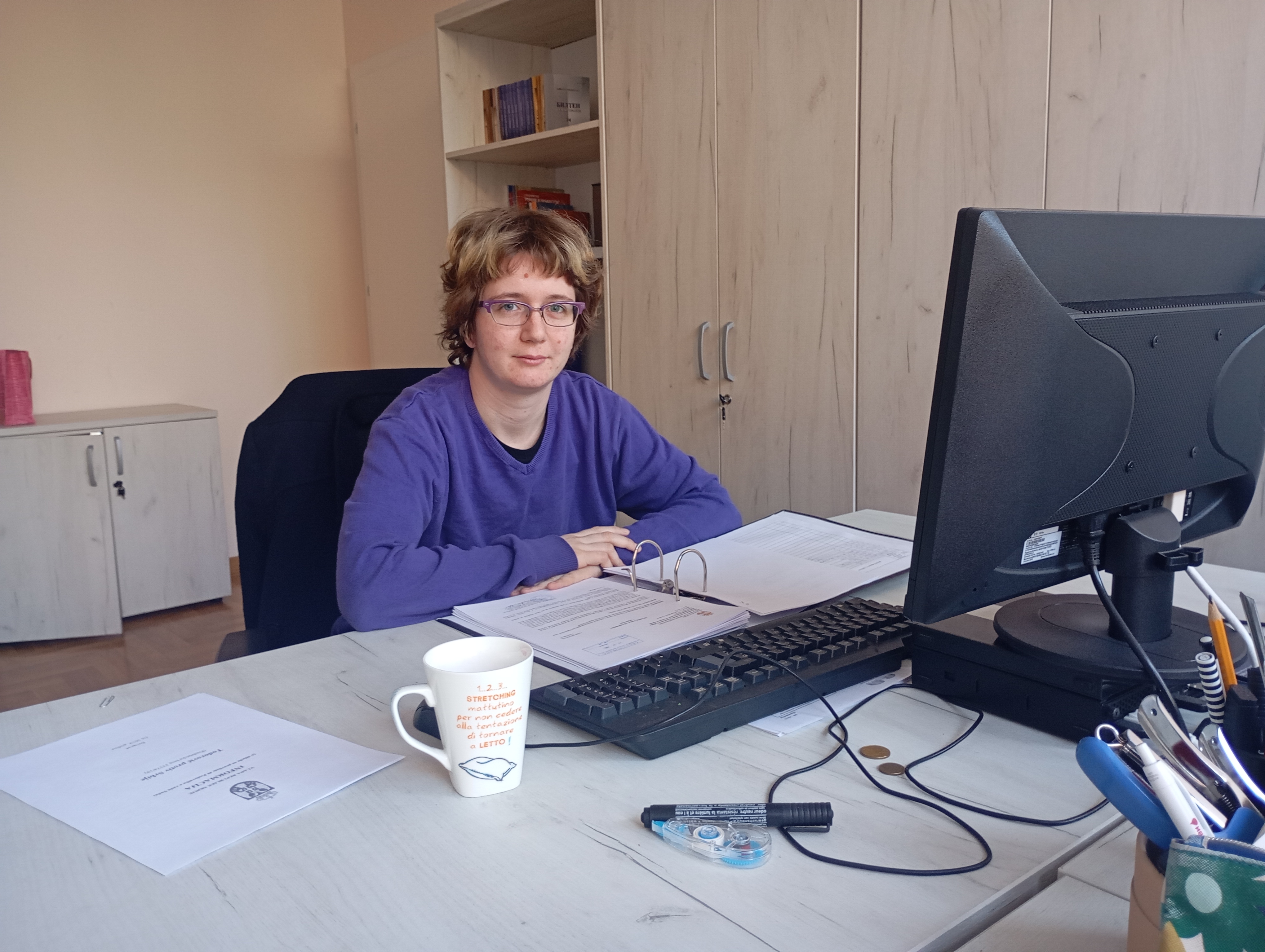For many young law students, the path to understanding the complexities of human rights law is often a theoretical one. But for Sofija Lekić, a 22-year-old law student from Belgrade, the opportunity to dive into real-world cases at the European Court of Human Rights has provided a rare and invaluable experience. As one of 22 students who went through the internship at the Government Agent’s Office which represents Serbia before the European Court of Human Rights, organised with the Council of Europe action’s support, Sofija gained firsthand knowledge of how human rights cases are handled, sharpening her skills and deepening her passion for the field.
For Sofija, the chance to apply for an internship at the Government Agent’s Office was driven by her longstanding interest in international law, particularly in the field of human rights protection. “The unique nature of this internship compared to others I had seen called out to me,” she says. “I’ve always been drawn to international law and the protection of human rights, and this internship felt like a rare opportunity to gain real-world experience in these areas early in my career.”
Throughout her internship, Sofija worked on a wide range of tasks that provided deep insight into the practical application of human rights law. She was involved in writing case summaries from the European Court of Human Rights, preparing communications for domestic authorities, participating in the development of observations in ongoing cases, and contributing to action plans and reports on the implementation of ECtHR judgments. “I learned a lot about drafting different types of legal documents, expressing myself concisely and clearly, and improving my ability to organise the flow of arguments,” Sofija explains.
When asked to highlight a particularly interesting case, Sofija found it difficult to choose just one. “It’s hard to single out one particular issue or case as the most interesting. The variety of cases that the Office deals with was, in itself, the most striking part of the internship. Each case represents a unique story, and that’s what made the experience so engaging.”
The internship also gave her a deeper understanding of the application of the European Convention on Human Rights in Serbia, particularly how procedural elements can impact the final decisions of the ECtHR. “Through this experience, I developed a greater awareness of how much the procedural aspects of a case influence the Court’s final decision,” she shares. “At university, we focus less on these elements, so this was an eye-opening aspect of the internship. I also realised how many actors are involved in each case, which from an individual’s perspective might seem ‘simple’ to resolve.”
Reflecting on the role of such programmes in shaping future legal professionals, Sofija sees them as invaluable opportunities for law students to better understand the complexity of the legal system. “The internship at the Government Agent’s Office is special because it encompasses all areas of the domestic legal system, connecting them through the lens of human rights and their protection. I believe that no matter what area of law a future lawyer chooses to pursue, this experience offers a lot of valuable learning.”
Sofija’s experience is a testament to the importance of practical programmes in bridging the gap between academic knowledge and real-world legal practice, giving young professionals like her the tools to shape the future of human rights protection in Serbia and beyond.
The internship is part the ongoing efforts of the action "Strengthening human rights protection in Serbia" to enhance human rights teaching at the universities. The action is a part of the joint European Union and Council of Europe programme “Horizontal Facility for the Western Balkans and Türkiye”, implemented by the Council of Europe.


